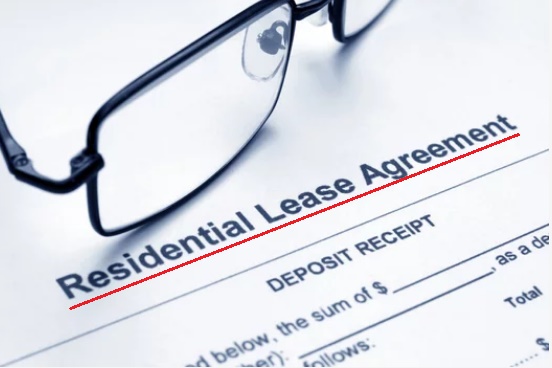New and seasoned landlords find it overwhelming to understand the peculiarities and minor details about legal agreements. Whether they deal in single-family rental properties or multi-family-rental properties, they strive to clear the confusion about documents.
The residential lease agreement is also one of the documents that can be challenging to be understood. Crucial business details mentioned in the lease agreement determine how two parties will get along. Also, the agreement guarantees that no essential argument is ignored while fixing a deal.
A clear understanding of residential lease agreement put a full stop to potentially serious legal risks. Regardless of what rental property area you work in, you must know what the lease agreement is and what should be included in it. So let’s go through the essentials of the lease agreement that you must be aware of.
Contents
What is a Residential Lease Agreement?
The residential lease agreement is a contract between the residential tenant and landlord that lays out all terms and conditions involved in a tenancy and the tenant and landlord’s rights and obligations.
It is used for various residential properties that include apartments, houses, townhouses, duplexes, and condos; and it is advantageous for the landlord as it guarantees a stable and constant income source for the landlord.

Generally, there are two types of residential lease agreements:
Standard Agreement
The standard residential lease agreement includes contact information of parties, residential property details, lease specifics, rental rights and obligations, rent details, and other payment-related details.
Additional information includes dispute resolution methods, signing incentives for tenants, purchase options, and the option to renew the lease.
Comprehensive Agreement
In the comprehensive residential lease agreement, along with the information in standard document, additional information about the property (such as the description of items in the furnished property), the appointment of the property manager, the landlord’s choice to allow the tenant to operate the business on his premises is added.
Information about guarantors who can cover the financial obligations can also be added to this agreement.
Who needs it?
This document can be useful for individuals, such as:
- Landlords seeking tenants.
- Tenant seeking home.
- Property managers.
➡ READ ALSO: How can You Break Your Lease Without Penalty?
Difference between Residential Lease Agreement and Rental Agreement
Rental Agreement
A rental agreement is different from a lease agreement. The rental agreement is a short-term contract that usually covers a few months. Most often, it will work on a month-to-month basis. It expires every month and, if both parties agree, they can renew it. At the end of the month, the landlord can modify its terms and conditions.
He can raise the rental amounts or request the tenant to leave the home. However, the landlord has to give a 30-day notice to the tenant before asking him to leave the home.
Residential Lease Agreement
- You cannot change the length of lease and monthly rent in the residential lease agreement once documented. This documentation prevents the landlord from raising the rent randomly and the tenant to leave the property without ramification.
- The agreement ends after the specific time mentioned in the document. If the tenant and landlord want to renew the deal, they have to make a new contract. In some instances, an expired lease becomes a short-term month-to-month agreement.
- The landlord isn’t bound to renew the contract after the expiry date. He can renew the contract with more modifications and rental amounts.
- Mostly, residential lease contracts cover more than 6 months or 1 year. They can be as long as 30 years.
- The lease agreement also includes any health and safety-related issues—for example, disclosure about lead paint that can be a health hazard for tenants.
Writer and content creator interested in Entrepreneurship, Marketing, Jobs and landlord issues. I have a bachelor’s degree in Communication from the Andrés Bello Catholic University, VE, and I also studied at Chatham University, USA. In this blog I write and collect information of interest around agreements, property and mortgage.